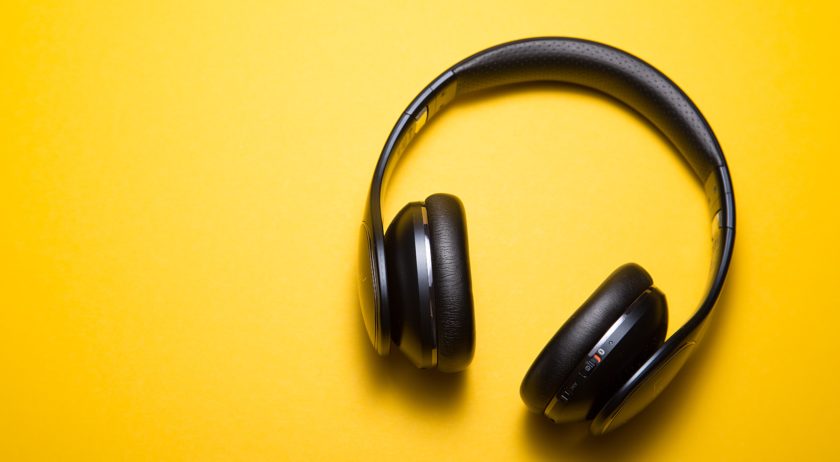Can music improve memory and study skills?
Many educators and parents are under the mistaken impression that music interferes with studying, learning, and memory, but they are wrong! One very powerful working-memory activity for students is to use music to help with study skills. How often do parents tell their kids to turn off their music while doing homework or teachers assume that kids who are listening to music are less likely to pay attention and remember what they are doing in class? Music can stimulate different parts of the brain that improve memory, the motivation to learn, and the ability to focus and concentrate.
Many students are pleased when their teachers and parents allow them to listen to music while studying. However, this is not true for all students. Many kids do their best work in completely silent environments. And some schoolwork is better suited to music than others. For example, simple work such as doing basic math calculations or writing out definitions may be better suited to music than writing an essay or studying for a physics test. In addition, students must find the types of music that are not disruptive to sustained attention and effort; music with intense vocals can be problematic.
Here is a short handout that might help your students make the decision about whether music might be helpful for their study skills.
Listening to Music – Is it Good for Studying?
While some teachers and adults think that listening to music can interfere with studying, the scientific evidence suggests that this is not always the case. However, students need to be thoughtful in selecting the music they listen to while studying, as some types of music can be disruptive to concentration. Studies show that instrumental music improves concentration for most people.
Here are a few other ways that music can improve your memory:
Combine music, walking, and brainstorming. The combination of music and movement can be an excellent tool for creativity.
Find music that helps you to concentrate. While this varies for different people, most students find that instrumental, classical, or new age music works best. Even if you do not enjoy instrumental music, you might find that it is good for your brain.
Make up a song or a rap. Many people find that putting things they want to remember into a rhythm helps them with memory. Take one of your favorite songs and change the words in order to remember information that you need to study.




